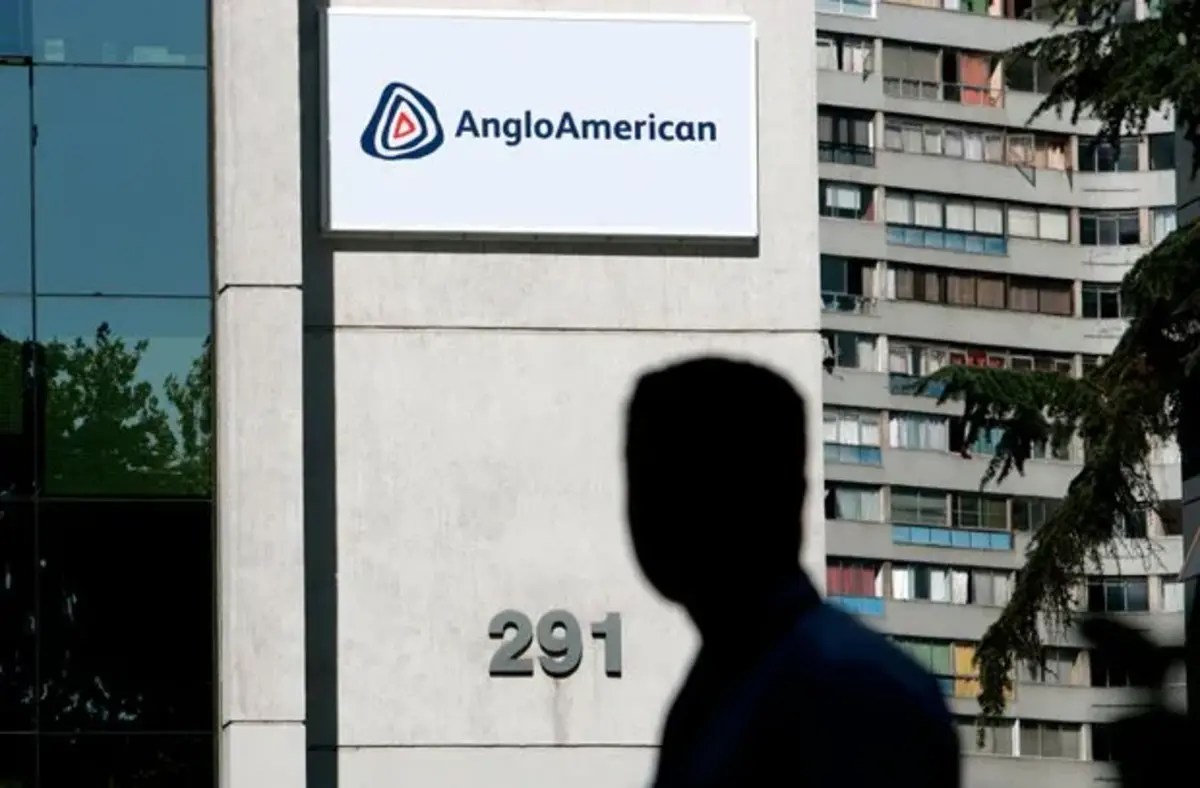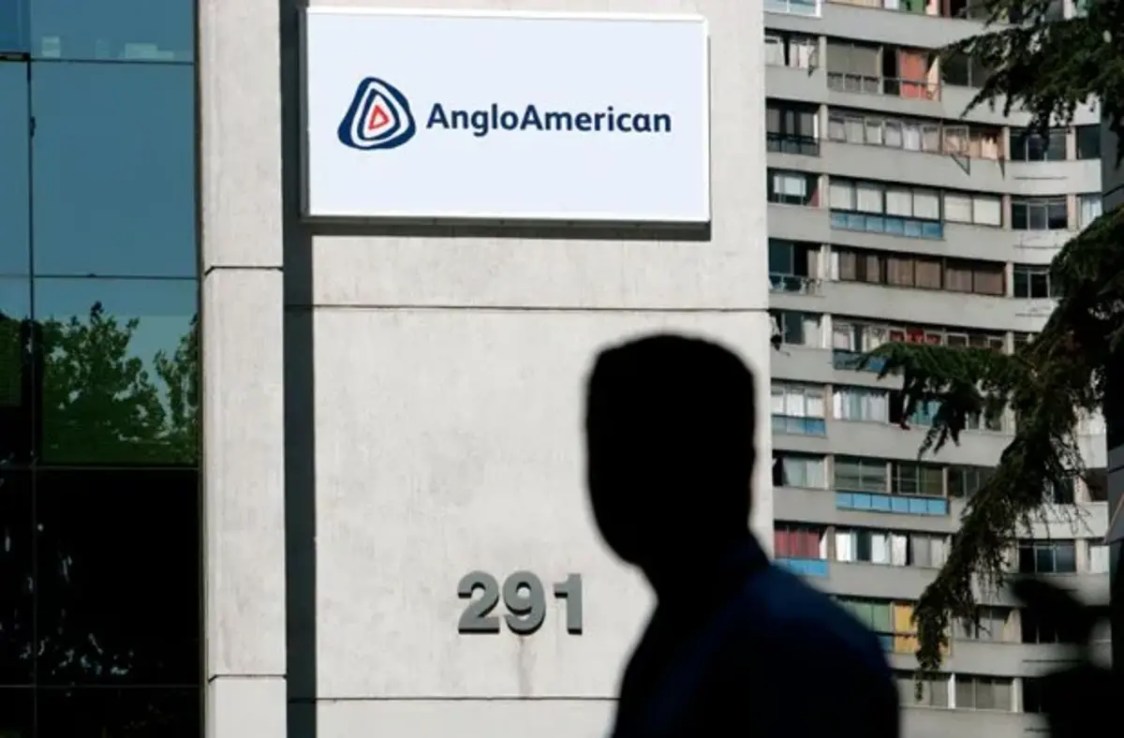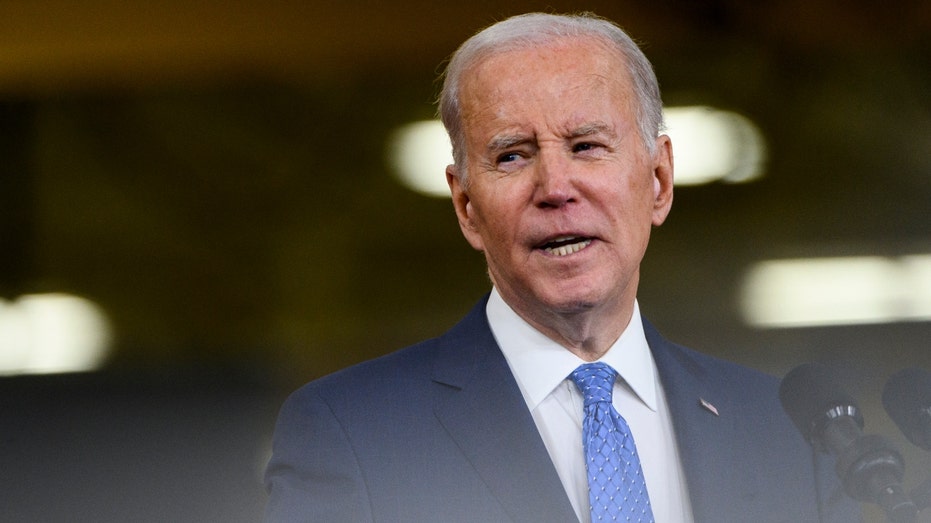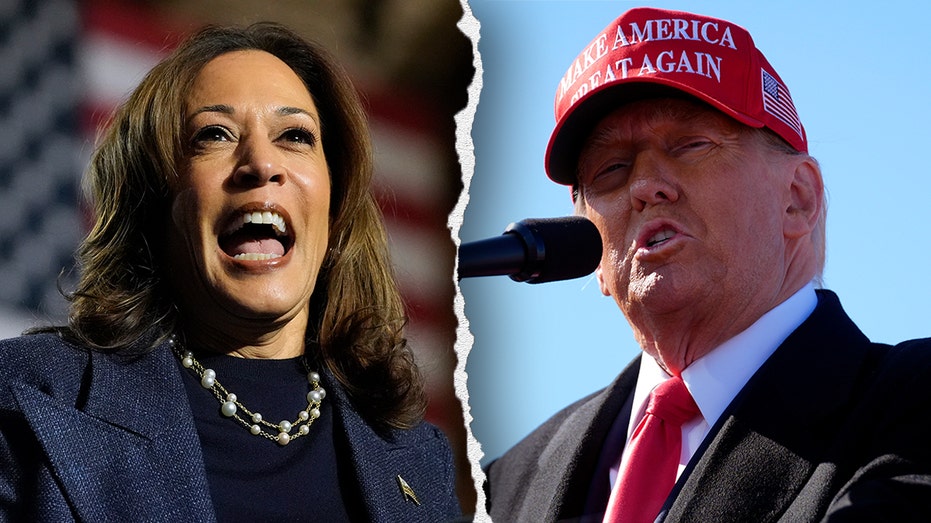Anglo American shares surge as Glencore reportedly mulls a takeover
Shares in Anglo American have shot to the top of the FTSE 100 this morning after reports that rival Glencore was mulling a potential bid for the firm.


Shares in Anglo American have shot to the top of the FTSE 100 this morning after reports that rival Glencore was mulling a potential bid for the firm.
The London-listed copper miner has been surrounded by deal speculation after Aussie rival BHP confirmed it had tabled a $39bn tie-up last week.
While Anglo American rejected BHP’s “highly unattractive” offer, shares have surged beyond three per cent in London on reports that Glencore was now mulling a counter bid, Reuters reported.
Glencore has not yet approached Anglo, sources told Reuters. The discussions are said to be internal and preliminary at this stage and may not result in an approach.
A Glencore spokesperson said the firm does not “comment on market rumour or speculation”.
Any Glencore offer could trigger a bidding war for Anglo American as BHP reportedly considers an improved offer for the company. It has until the 22nd of May to table a new bid.
BHP’s firmly rejected initial approach contained a precondition that Anglo carve off its stakes in several divisions, including Kumba Iron Ore in South Africa.
Anglo’s core copper assets in Chile and Peru are seen as the main prize for potential suitors due to metal’s use in everything from electric vehicles to construction, with demand for the metal expected to balloon as the world moves to cleaner energy and wider use of AI.
Any deal would mark the biggest mining merger in years and has fuelled fresh fears over the health of London’s stock market and the sluggish valuations of listed companies in the capital.
BHP’s initial bid marked a 31 per cent premium on its current price, signalling the perceived valuation gap plaguing the London Stock Exchange.
If it were to come under a fresh offer, the value of companies leaving the London Stock Exchange this year via takeovers and de-listings would come to nearly $100bn.



